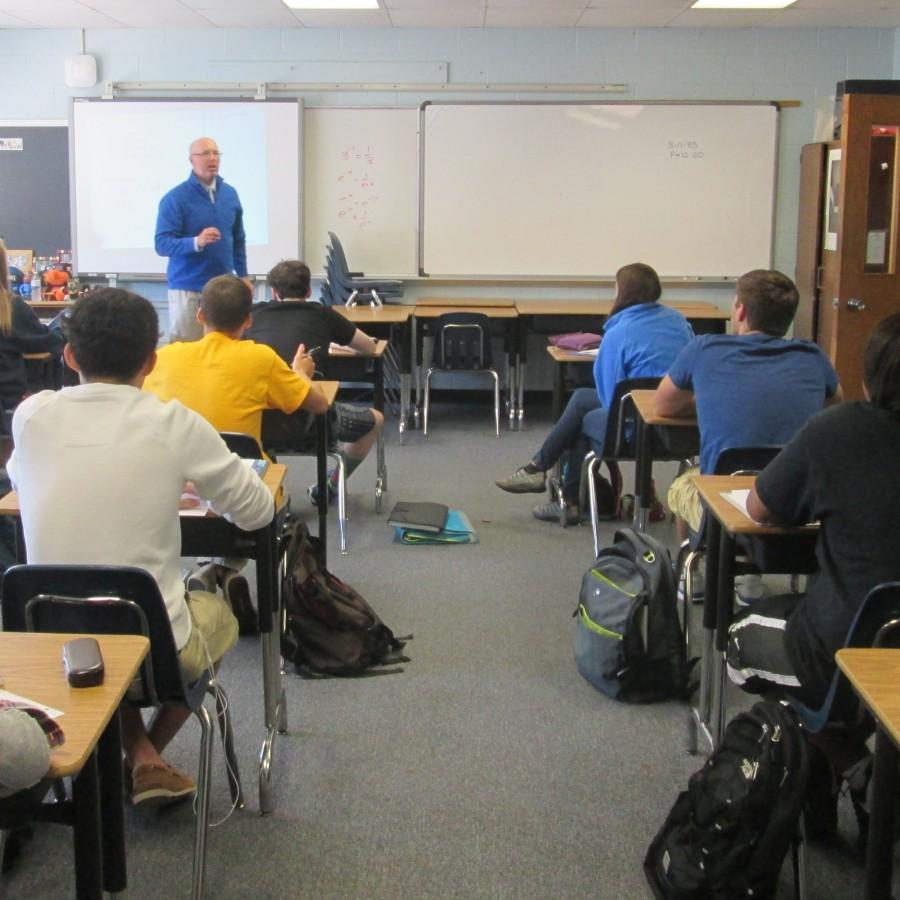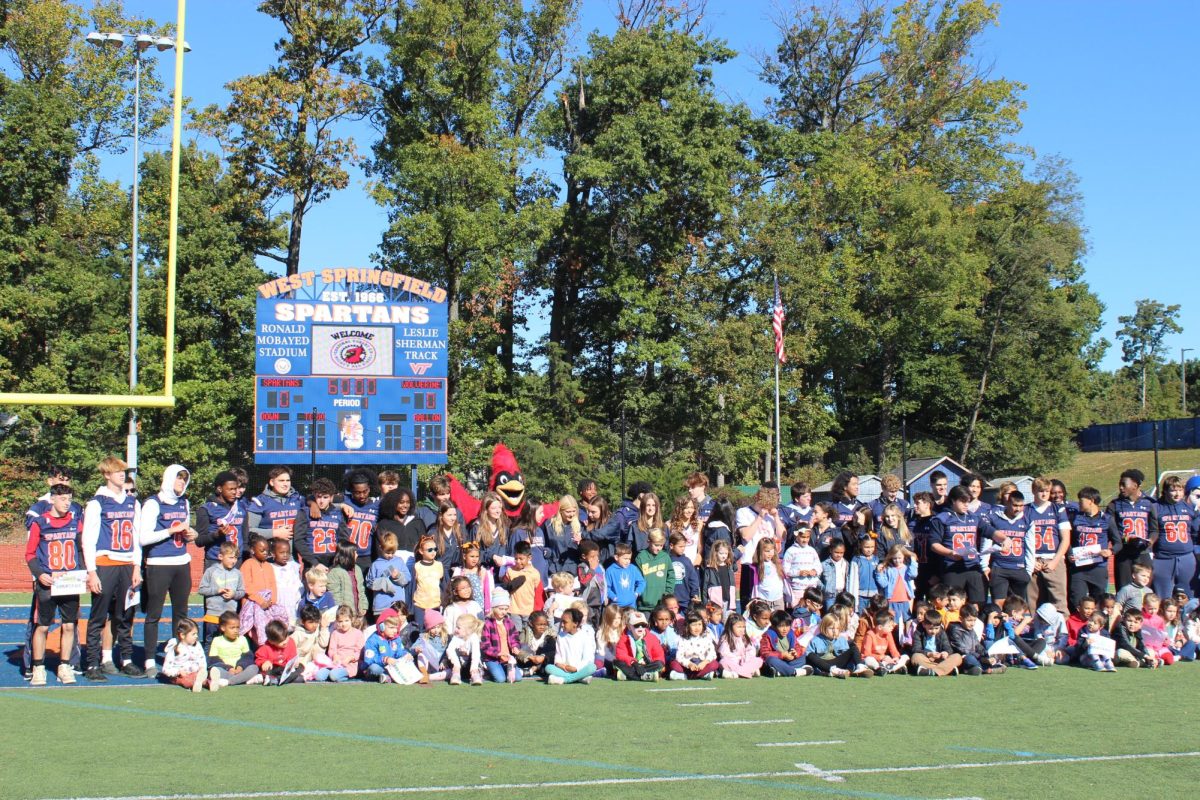AP Exams don’t wait for FCPS students
October 7, 2015
For years, school districts and Virginia lawmakers have disputed the King’s Dominion Law, especially with its effect on nationwide tests. With our late September 8th start, tensions have come to a head as AP teachers across the county grumble.
The King’s Dominion Law, which states that schools cannot start until after Labor Day, was implemented in 1968 in order to encourage Virginia residents to visit local amusement parks, boosting our tourism industry. Wolcott Baird, math teacher at WS, thinks the law is ridiculous.
“This has been a point of contention for many years,” said Baird. While school districts nationwide begin their school year in mid-August, Virginia school students enjoy summer until much later. This contributes to the FCPS epidemic that believes summer is “endless.” However, this seriously inhibits students taking advanced placement classes. AP exams are always the first two weeks of May, which already gives FCPS a disadvantage in starting almost two weeks later than the national average.
“If they are truly trying to cater to the school, students and their learning, [we should] start earlier or push AP exams back to create a level playing field,” said Baird. Ultimately, those schools that start mid-August have two weeks to review before starting new material, which transforms into thick packets of summer assignments for WS students. While many complain about summer work, it is necessary to make up for some missing instruction time in a fast-paced course.
“Class is already going so quickly,” said senior Fatima Shaukat. “Everything is in such a hurry, which makes learning material harder.” In AP Calculus, they end up flying through material and testing just about every week. This forces the students to stay on top of the course, because one lesson builds upon the other. It’s truly all about preparation.
This struggle is even more pronounced this year with the late school start, which has not been this late in five years, and thankfully will not be repeated until 2020. When compared to last year’s September 3rd start, five missed instructional days may not seem like much, but three hours of in-class review before such a massive exam can make a big difference.
“Everybody else gets a head start, so we’re already behind,” said AP World History teacher Mary Shipman. “The more time with the kids, with the material, helps.” Particularly for students in their first AP class, which is already intimidating enough, the lost days ramp up the class even more. Some teachers are coping by shaving a couple lessons from the first unit, while others are subtracting from already limited review time.
For WS students, this means making an effort to attend class and study for exams throughout the year- not forgetting the importance of asking for help when need arises.
As put by Mrs. Shipman, “I have confidence that students will rise to whatever bar is set for them.”





